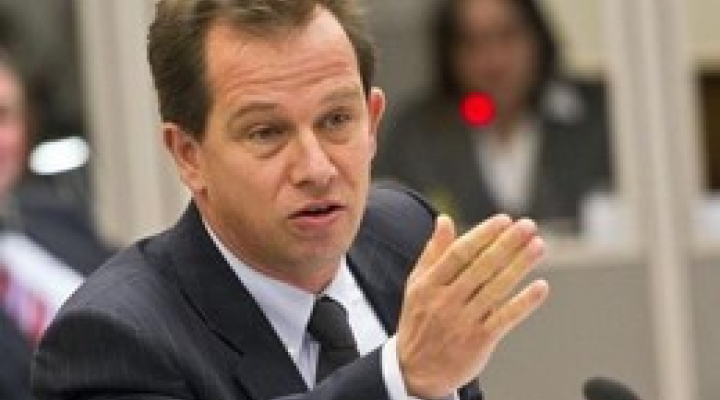The Roșia Montană mining project is a European issue – Csaba Sógor’s speech in the European Parliament
On 9 September in Strasbourg, on the occasion of the inaugural plenary session of the European Parliament, MEP Csaba Sógor warned MEPs about the ecological hazards of cyanide-based gold mining at the Roșia Montană site.
The arguments of the Hungarian MEP from Transylvania were based on the idea of shared European responsibility: “Considering that mining would be carried out on the territory of the European Union, we can ask why the commissioner responsible for environmental protection does not take into account the resolution of the European parliament from 2010, and why it considers the problem to be of national competence. The possible consequences of the Roșia Montană project and the responsibility to restore the environment will inevitably have a European dimension, as they will affect several member states”, emphasized Sógor.
The MEP’s speech can be read below:
“In Romania an enterprise held by big investors intends to make a silver and gold mining project using cyanide based technology. At present, the mining project is waiting for the approval of the Romanian Parliament. The Government of Romania shows a contradictory attitude towards the project, but the decision will be taken shortly. Commissioner Potocnik indicated through his spokesperson that the Commission does not intend to forbid in the EU the cyanide mining technology; therefore, practically, the approval of the project is considered a member state competence.
How come that creating on the territory of the European Union all the initial conditions of a natural disaster is not a European matter, especially considering that in case the environment is damaged, several member states will be affected?
In case the European Commission takes its responsibility for the quality of life of its citizens seriously, then it must also deal with cyanide mining and its possible use in Roșia Montană and take into account the European Parliament’s resolution in the matter, which was adopted with an overwhelming majority in 2010.”











